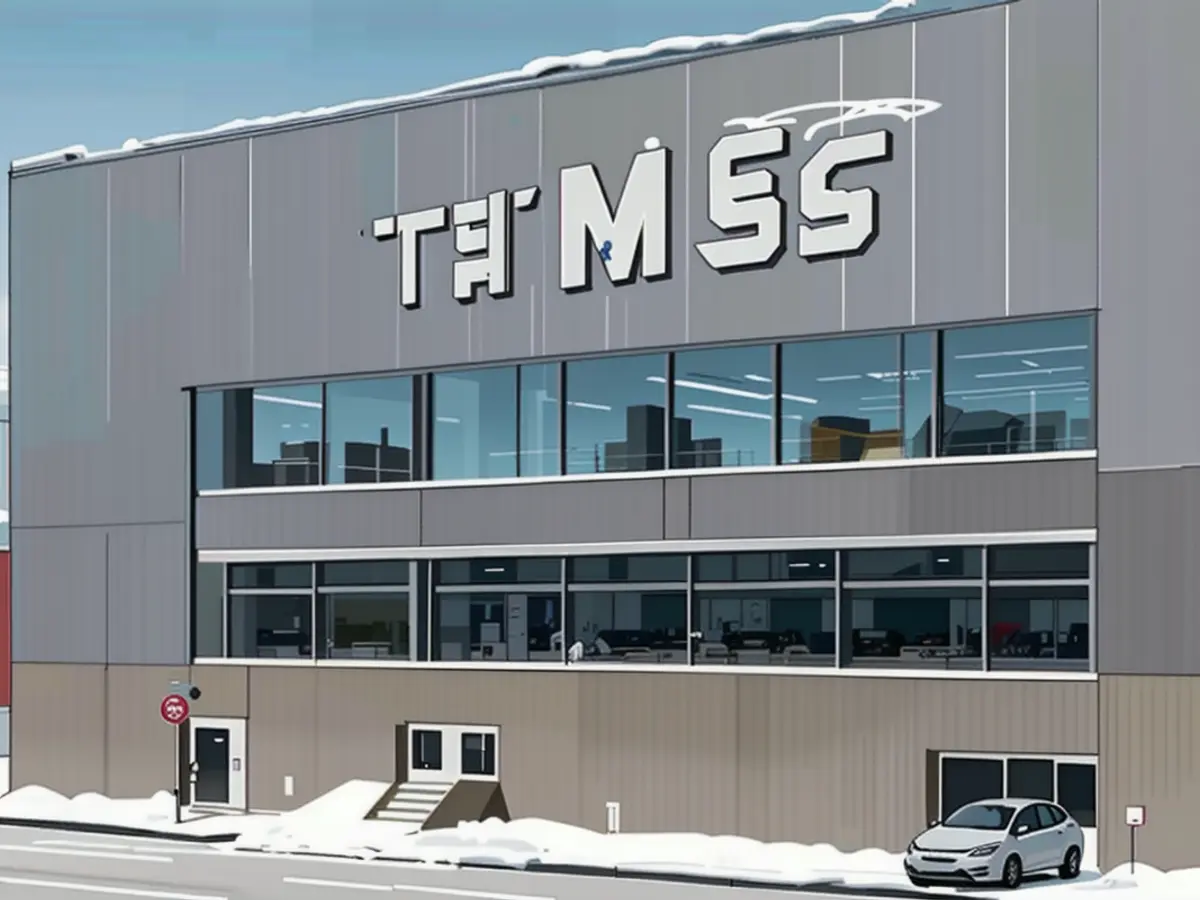Raising the Alarm: Tesla's Controversial Approach to Sick Leave
- by Matthias Urbach
- ⏱️ Approx 2 Min Read
Tesla under payment controversy: IG Metall claims delayed employee salaries - Tesla workers allegedly not receiving full pay, according to IG Metall's warning.
It's time to sound the alarm—according to IG Metall, Tesla is questioning medical certificates on a massive scale and refusing to pay wages during illness, leading workers into financial turmoil. Dirk Schulze, district leader of IG Metall, states, "Tesla's unacceptable practice is repeatedly pushing colleagues into financial distress."
The management at Tesla's plant in Grünheide, Brandenburg, has long contended with what they see as an excessive sick-leave rate. In autumn, Tesla initiated unannounced home visits to workers on sick leave, aiming to catch absences. Tesla's measures seem to have intensified since then. Der Spiegel approached Tesla for a statement regarding these allegations but received no response.
Tesla's Pattern of Questionable Actions
According to IG Metall, a disturbing pattern has emerged at the Grünheide plant: sick leaves are questioned, employees are asked to reveal their diagnosis, and even their doctors are encouraged to break confidentiality. Wages are withheld, even surpassing legal attachment limits, with some workers receiving not a single euro.
Eventually, employees are informed that initial payments during their illness were excessive, creating "debts." An offer is then made: if they sign a severance agreement, they can immediately clear these alleged debts by leaving the company.
IG Metall reports that employees are pressured into accepting this offer. There's no grace period, and they're expected to sign immediately. "These alleged overpayments are usually baseless claims," explains Schulze. In 2024 alone, they have fought legally for almost half a million euros owed to Tesla workers. "Money that employees have earned, which would otherwise line the pocket of the world's richest person." At Tesla in Grünheide, IG Metall now offers legal aid twenty times more frequently than usual.
The conflict began with an unusually high sick-leave rate in August 2024. At a works meeting in September, reported by Handelsblatt, the plant's personnel manager discussed an August sick-leave rate of 17 percent. In September, it fell to 10 to 11 percent. Tesla then started making large-scale home visits to workers on sick leave.
Tesla Workers Speak Out About High Pressure
The question arises: why is the sick-leave rate at Tesla so high? From the union's perspective, Tesla's behavior is not only "highly irresponsible and inhumane, but also counterproductive." Many Tesla employees complain about poor working conditions, as a survey of its members in the plant shows, with 1,200 workers participating—roughly one-tenth of the workforce.
Four out of five respondents say they often or very often feel overwhelmed. Only one in ten believes they can handle the current work situation until retirement. Nine out of ten report suffering from physical ailments such as headaches, neck, joint, or back pain.
- IG Metall
- Grünheide
- Dirk Schulze
Join the conversation: Do you believe Tesla should be scrutinized for their sick-leave policies? What actions should be taken to ensure workers' welfare? Share your thoughts below.
- In response to IG Metall's allegations, Tesla's controversial approach includes questioning medical certificates, suggesting that sick leave is not genuine, and withholding wages of a width not exceeding 30 cm, even when such withholding exceeds legal attachment limits, possibly leading to financial distress for employees.
- Ignoring the concerns, Tesla reportedly offers severance agreements to employees with alleged overpayments during their illness, demanding immediate signatures, disrupting worker's rights and creating a pattern of questionable actions that IG Metall has had to fight against legally.
- Tesla employees in Grünheide, while acknowledging a high rate of ailments such as headaches, neck, joint, or back pain, are pressured into accepting the severance agreement to clear the alleged debts, often baseless claims, rather than pursuing resolution through legal means or improving poor working conditions.







